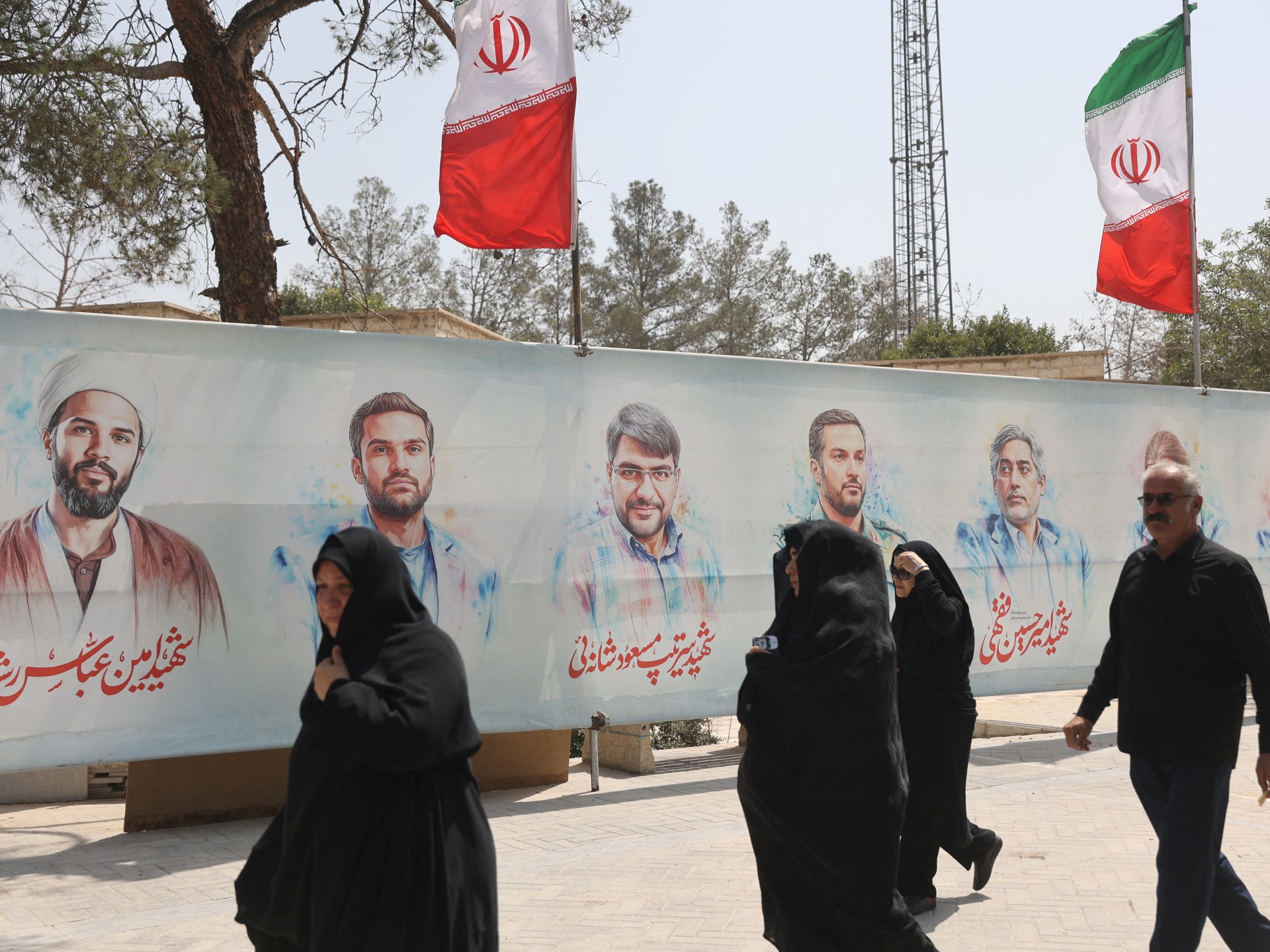Baghaei said Iran told Europeans during a meeting in Geneva on Tuesday that they do not have the right to trigger the mechanism, but that both sides would continue nuclear talks in the coming days.
The talks between senior foreign ministry officials from Iran and France, the United Kingdom and Germany – known as the E3 , – , came as the European grouping has long threatened to reinstate sanctions at the UN Security Council by October, when the nuclear deal between Tehran and major powers expires.
After meeting with the E3, Deputy Foreign Minister Kazem Gharibabadi said Iran remained committed to diplomacy and a mutually beneficial solution.
The European Union, which serves as coordinator of the 2015 deal was also attending.
Tuesday’s meeting marked the second round of talks between Iranian and European diplomats since Israel struck Iran in a 12-day war in mid-June. The war derailed Tehran’s nuclear negotiations with the United States and prompted Iran to suspend cooperation with the UN’s nuclear watchdog, the International Atomic Energy Agency (IAEA).
Under the terms of the 2015 , Joint Comprehensive Plan of Action , (JCPOA), Iran committed to regular inspections of its nuclear energy programme in return for relief on some Western sanctions. The nuclear deal was torpedoed in 2018 when Donald Trump, during his first term as president, unilaterally withdrew the US and slapped crippling sanctions on Iran.
The E3, who remain parties to the deal brokered by then US President Barack Obama, have threatened to trigger the accord’s “snapback mechanism” by the end of August in response to Iran’s retaliatory move to halt inspections.
The window for activating the mechanism closes in October, after which the UN sanctions would be permanently removed.
Tehran has warned of a “harsh response” if sanctions are reinstated.
Iranian Ministry of Foreign Affairs spokesman Esmaeil Baghaei said during a weekly news conference that Tehran’s focus was “on preventing actions or incidents that may be costly for the country”.
He added that Tehran was “negotiating with all our might” in advance of the planned talks.
Foreign Minister Abbas Araghchi recently said Tehran was working with its allies China and Russia – who are also parties to the JCPOA – to prevent the reimposition of sanctions. Just before Israel launched its surprise attacks on Iran, Tehran held five rounds of talks with Washington with the aim of reaching a new deal on Iran’s nuclear programme.
Israel’s offensive killed top commanders, nuclear scientists and hundreds of civilians, striking both military facilities and residential areas. The conflict also saw the US intervene on Israel’s behalf by carrying out massive strikes against Iran’s nuclear facilities before it ended in a ceasefire on June 24.
The UN’s nuclear watchdog, IAEA, says Iran is the only non-nuclear-armed country currently enriching uranium to 60 percent – far beyond the 3.67 percent cap set by the 2015 accord. A nuclear weapon must have a 90% enrichment.
Iran has repeatedly denied having nuclear weapons, insisting that its energy-producing program is only for civilian purposes.
Source: Aljazeera

Leave a Reply